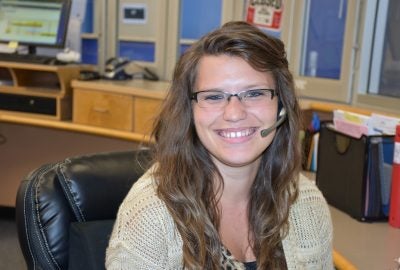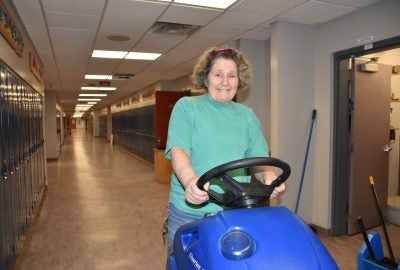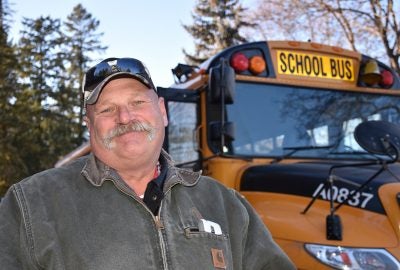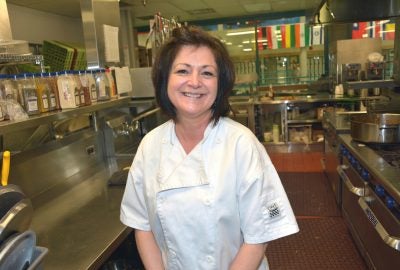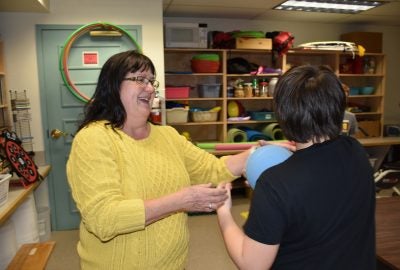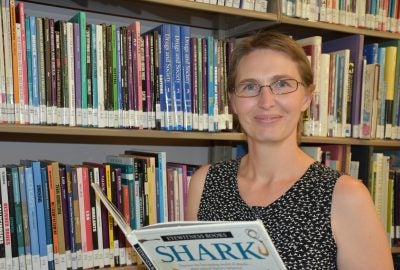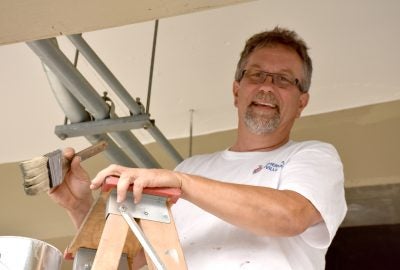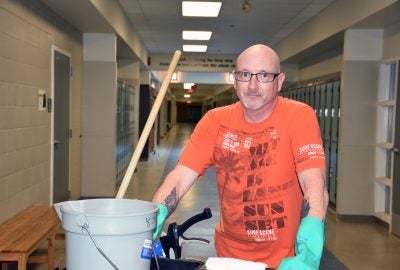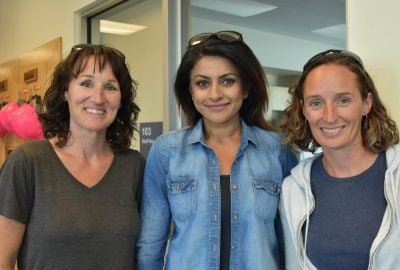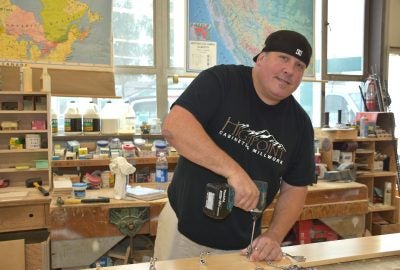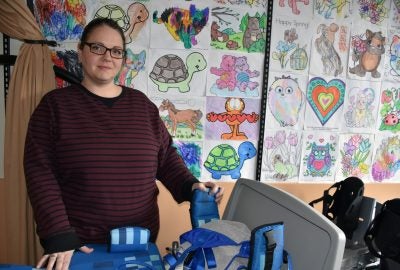Words cannot express our sadness about yesterday’s tragedy at Tumbler Ridge Secondary School, part of SD #59 – Peace River South.
Our thoughts are with the victims, and our condolences go out to their families and the people of Tumbler Ridge in this deeply troubling time.
Our thoughts are also with our fellow public education workers and union friends in Tumbler Ridge and SD #59 – CUPE 4992, representing district maintenance workers; the Peace River South Teachers’ Association; BCGEU Local 70, representing school support workers; and Teamsters 31, representing district bus drivers, mechanics and custodians. They are also with the emergency services workers and health care workers that responded to this tragedy and were there when people needed them most.
Please be assured you are not alone as your district and communities deal with the aftermath of this unthinkable tragedy. We know there can be much harm caused from the trauma of experiencing violence like this, particularly when it is in a public school and our workplace. You can count on our support in any way that we can.
To all members across the province, we know you’ll keep Tumbler Ridge and our friends in SD #59 in your thoughts and will offer the support you can too. But please remember that seeing and hearing news and social media about violent events like this in our schools and workplaces can also be traumatic.
Please take care of yourselves and take care of each other. Don’t ignore the signs that you or a co-worker needs help. Reach out to your Employee Assistance Program (if available) or a health care professional if you need help.
BC Mental Health Support Line
Call 310-6789 (no area code). The BC Mental Health Support Line can help when you’re really upset or scared, but you can also call if you just need to talk with someone. They can also connect you to help in your community. It’s free, anonymous, confidential and available 24/7.
HealthLinkBC mental health supports and resources
KUU-US Crisis Response Services (culturally safe support for Indigenous people)
1-800-KUU-US17 or 1-800-588-9717 24hrs & toll-free
View PDF

